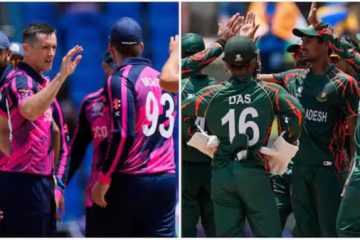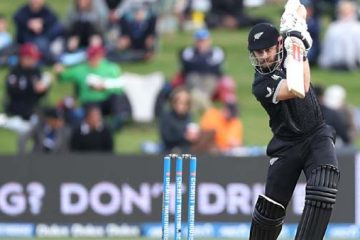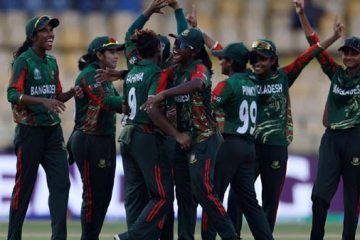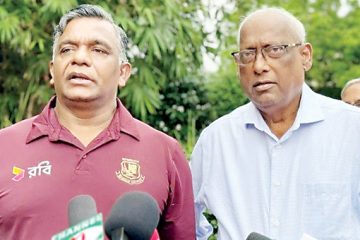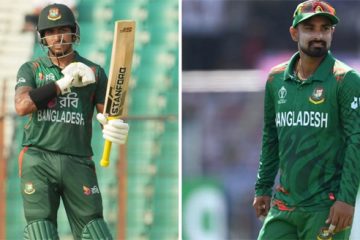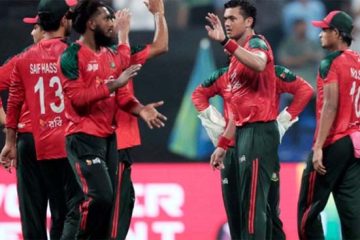An upset, and a strike that deprived the world
With Sri Lanka becoming a full member of the International Cricket Council (ICC), the 1983 World Cup had space for only one Associate member. Formerly known as Rhodesia, the newly independent Zimbabwe was the eighth team in the Cup, having won the qualifying tournament involving the Associate members of ICC. And unlike the previous Associate members making their debut in World Cups, they made quite a splash.
They announced themselves as dangerous opponents on the opening day of the tournament itself, shocking Australia by 13 runs. It was Zimbabwe’s first international match, and one they would remember for the rest of their lives, having toppled such renowned opposition. Australia were a team on the decline, with some of their best players nearing the end. They were good enough though, to defeat the eventual champions India in the group stage.
Zimbabwe had a number of experienced players of genuine international standard but, apart from John Traicos who had played for South Africa in three Tests against Australia in 1969/70, nobody had played at that level before.
Things were going according to the script as Zimbabwe stuttered to 94 for five, but then captain Duncan Fletcher, who twenty-two years later would torment Australia further as England’s coach in the 2005 Ashes, took over with an 84-ball 69, and only one wicket fell thereafter. He was ably supported by allrounders Kevin Curran and Iain Butcher. Fletcher added 70 in fifteen overs with Curran and 75 in twelve overs with Butchart as Zimbabwe reached a respectable 239 at the end of the sixty overs.
Things were again going according to the formbook as Australia reached 114 for two, but they were behind the scoring rate and things started going pear-shaped soon. It was again Duncan Fletcher, with his fast-medium bowling, who turned things around. He had dismissed Graeme Wood after the opening stand of 61 and got rid of Kim Hughes two runs later. He then removed David Hookes and Graham Yallop, to leave Australia at 134 for four. That soon turned into 138 for five as Kepler Wessels was run out after a painstaking 76 off 130 balls. Australia’s slow scoring cost them, as from there they were fighting a losing battle against a climbing asking rate. Roger Marsh fought valiantly with a 42-ball fifty, but it was not enough as Australia finished 13 runs short. Fletcher was the man-of-the-match. The win also owed much to Zimbabwe’s brilliant fielding and catching, a hallmark of their cricket even today.
Zimbabwe weren’t satisfied with shocking Australia; they set out to do a number on India as well, at Tunbridge Wells in Kent. Kevin Curran and Peter Rowan, the new ball bowlers, cut a swathe through the Indian top order, to leave them teetering at 17 for five. The fairytale ended there, though, as one Kapil Dev Nikhanj laid waste to their bowling. Zimbabwe picked up three more wickets, but a an unbeaten 126-run stand between Dev and wicketkeeper Syed Kirmani spoiled any plans that Duncan Fletcher might have had. It was an incredible innings from Dev (175* from 138 balls, 16 fours, 6 sixes), but the cricket world is unfortunate to never be able to see that innings. The BBC cameramen were on a strike brought about by pay disputes. An Indian fan at the ground made a fortune by recording the innings from his place in the stands on his video camera. He later sold the tape to Dev for a tidy sum.


